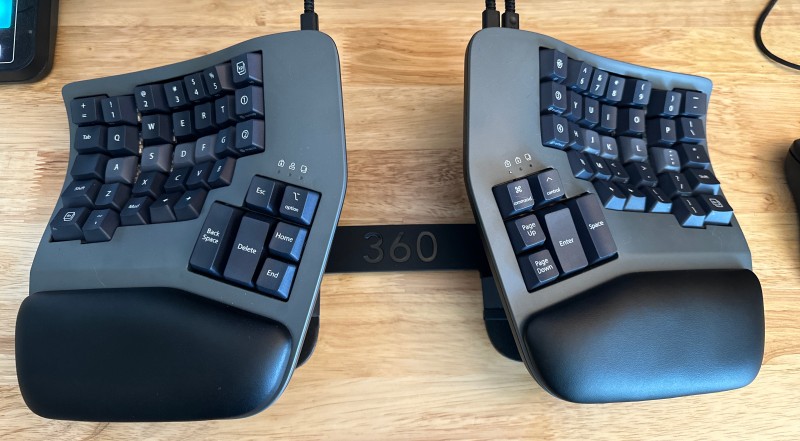A High-Resolution Timer for Win32
This post lists the code for creating a high resolution timer for the Microsoft Windows platform. High resolution timers are often used in multimedia and entertainment applications for timing events up to the microsecond.
This is a heavily modified re-post of the article that used to be on the Scriptionary.com website before the change to the blog, read the source code for details.
#ifndef _TIMER_H_
#define _TIMER_H_
#ifndef WIN32_LEAN_AND_MEAN
# define WIN32_LEAN_AND_MEAN
#endif
#include <windows.h>
// Defines a simple High Resolution Timer
class Timer
{
public:
// Construct the timer and initialize all of the
// members by resetting them to their zero-values.
Timer(void) {
Reset();
}
~Timer(void){ /* empty */ }
// Activate the timer and poll the counter.
void Start(void) {
_Active = true;
PollCounter(_StartCount);
}
// Deactivate the timer and poll the counter.
void Stop(void) {
_Active = false;
PollCounter(_EndCount);
}
// Stops the timer if it's active and resets all
// of the Timer's members to their initial values.
void Reset(void) {
if (_Active)
Stop();
QueryPerformanceFrequency(&_Frequency);
_StartTime = (_EndTime = 0.0);
_StartCount.QuadPart = (_EndCount.QuadPart = 0);
_Active = false;
}
// Returns the time elapsed since Start() was called
// in micro-seconds
const long double GetTimeInMicroSeconds(void) {
const long double MicroFreq =
1000000.0 / _Frequency.QuadPart;
if (_Active)
PollCounter(_EndCount);
_StartTime = _StartCount.QuadPart * MicroFreq;
_EndTime = _EndCount.QuadPart * MicroFreq;
return _EndTime - _StartTime;
}
// Returns the time elapsed since Start() was called
// in milli-seconds
const long double GetTimeInMilliseconds(void) {
return GetTimeInMicroSeconds() * 0.001;
}
// Returns the time elapsed since Start() was called
// in seconds
const long double GetTimeInSeconds( void ) {
return GetTimeInMicroSeconds() * 0.000001;
}
// Returns TRUE if the Timer is currently active
const bool IsActive(void) const {
return _Active;
}
private:
// Poll the query performance counter, safely by tying
// the polling functionality temporarily to a single
// logical processor (identified by 0).
void PollCounter(LARGE_INTEGER& Out) {
HANDLE Thread = GetCurrentThread();
DWORD_PTR OldMask = SetThreadAffinityMask(Thread, 0);
QueryPerformanceCounter(&Out);
SetThreadAffinityMask(Thread, OldMask);
}
private:
bool _Active;
long double
_StartTime,
_EndTime;
LARGE_INTEGER
_Frequency,
_StartCount,
_EndCount;
}; // class Timer
#endif
Here’s an incredibly simple example of how you could potentially use the class:
int main( int argc, const char* argv[] )
{
Timer myTime;
std::cout << "Starting the Timer..." << std::endl;
MyTime.Start();
std::cout << "Going to sleep for 5 seconds." << std::endl;
Sleep(5000); // or something else for a while
std::cout << "Stopping the Timer." << std::endl;
MyTime.Stop();
std::cout << MyTime.GetTimeInSeconds()
<< " seconds passed" << std::endl;
return 0;
}
Share on
X Facebook LinkedIn Bluesky




